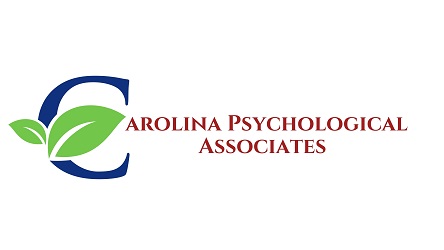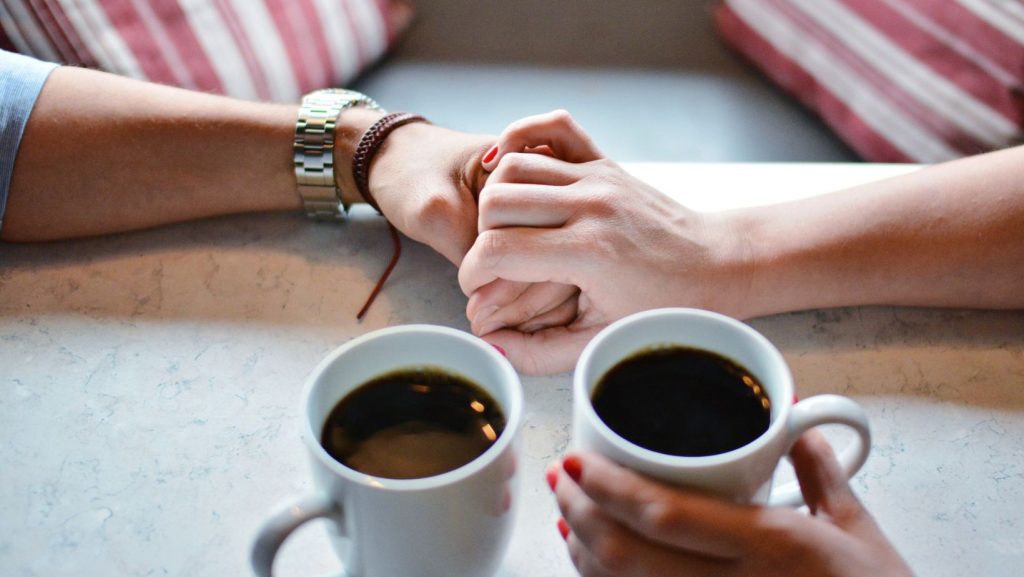Maybe Couples Counseling is for Us?
When you hear someone say, “we go to couples counseling,” what thoughts pop into your mind? Maybe you assume they fight a lot. Or maybe something traumatic has happened in their family or relationship. Maybe you wonder if they are contemplating a separation.
While those things are a possibility, it is equally possible that there, actually, is nothing wrong. Couples counseling tends to get a bad reputation because people often assume that couples seek help as a reaction to a strain in their relationship. However, some might argue that couples counseling works best as a preventative measure, therefore starting before there is a large relationship strain.
What are the chances you and your partner will experience conflict, grief, parenting style differences, job loss, etc?
Very high.
So why not work together to be better prepared for life difficulties as they arise?
It can feel….well… odd, reaching out for therapy when there isn’t a large “issue” at hand. Continue reading as Dortch Mann, LCHMC, a clinician in our Greensboro office, shares some insight from his experience and training as a couple’s counselor.
Is it ever too early to start couples counseling?
It’s never too early to start and you don’t need to have a strained relationship to benefit from couples counseling. I’ve worked with couples who had no significant problems or challenges yet found they improved their relationship by concentrating on it and by learning ”advanced” collaboration skills. The most successful couples keep this Zen-like notion in mind…everything is fine AND there’s room for improvement. Yes, they can understand and become comfortable with that paradox.
What are some good “signs” that a couple might benefit from couples counseling?
- Lack of intimacy (and it’s not just about sex).
- Avoiding talking about issues due to a lack of trust.
- A ”cycle” of arguments that go unresolved.
- Navigating a new phase of life.
What is one small thing couples can do daily to enhance their emotional connection?
This almost always works for couples to feel closer and more connected. I suggest they find an ideal time for each to share the highlight of the day with the other. While the ”sharer” is speaking, the other is only listening, not asking questions or making comments. The listener is truly listening to gain the other person’s perspective. The listener then demonstrates how well they listened by being able to paraphrase the gist of the “sharer’s” experience as well as imagining how they felt. Each person becomes a ”sharer”, then a ”listener”. Feeling heard and understood by each other always leads to emotional connection.
Feel free to head over to our website bios and learn more about Dortch Mann, LCMHC and his clinical specialties. You can reach out to our front desk at (336) 272-0855 if you are interested in scheduling an appointment.

